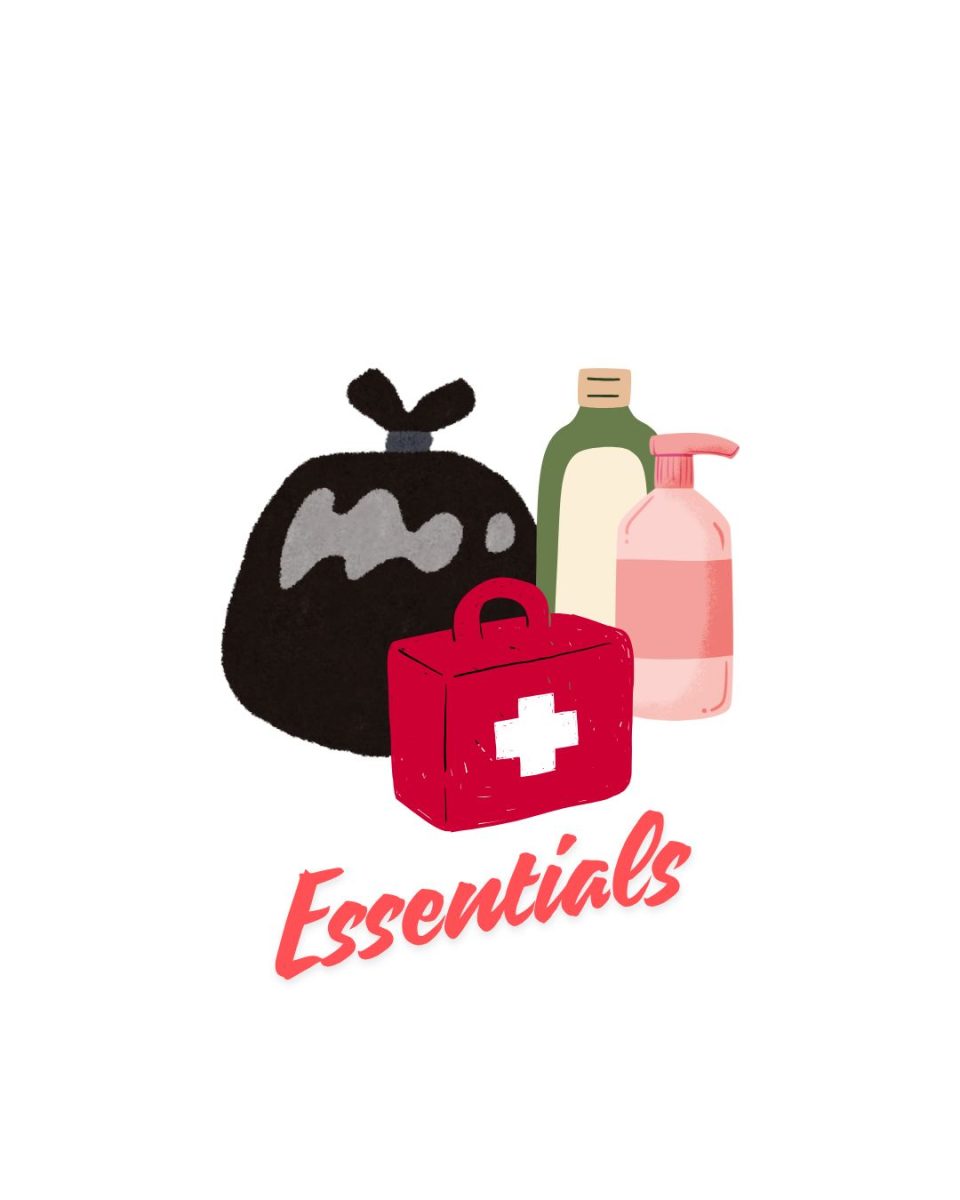As fast-paced as the university lifestyle is, there is a constant focus placed on academics, and with reason. Achieving academic success to some extent, is the only way you are going to graduate. But after that, where do we go?
Professionally speaking, college has provided us with all the tools for success and thriving within the workforce. However, personally speaking, college does not provide students with the life skills to achieve personal success. Sure, a good GPA and diploma from your college may provide you with a good job and stable income. Yet college is not helping you build your mental and emotional intelligence and awareness, resilience, and the skills needed to identify and solve life problems.
With that being said, universities need to place as much of an emphasis on honing in on life skills as they do on academic success. They need to be encouraging students to not only balance academic success, but also personal success. It would help students out immensely in the long run, and create a more well-rounded character post-graduation.
Academic success is important, as we all know. We need doctors and paramedics, engineers, architects, accountants, teachers and more. The list can go on and on. But combining all of this knowledge with the proper life skills provides the context needed in order to excel in both the real world and the professional world.
Communication is something that seems so elementary, but it is something that is so important. However, it is looked over in place of collegiate institutions when they focus on the academic programs that make their schools look better in the public eye. Having the ability to communicate both verbally and in written form is essential in building relationships (both personal and professional,) conflict resolution, improving leadership skills, and overall personal growth.
After four years of the same format of curriculum as well as the content being taught inside of classrooms, students who graduate are ill-equipped to handle the real-world situations that come immediately after they receive a diploma. You can have all the brains in the world but if there aren’t any adaptability or communication skills or any real teamwork and leadership skills, you are going to struggle in your personal and professional life.
We need to care more about how students are being prepared for the real world. How can this be done?
I personally believe that classes such as financial literacy and time management skills should be a required class for all students. Financial literacy is an essential and lifelong skill that students could benefit from. As a college student, being aware of different loans, and the need to budget is important for someone that is living on their own for the first time. But it’s not just there where we see benefits, the simple skill of credit management is something that is needed to buy houses, cars, and other expensive purchases.
Time management, which is also important not just while attending college but following graduation, is imperative in the maturation process as we grow from young adults to adults. Being able to balance different responsibilities you have as a student with academics will have you prepared for a professional setting. These two skills in particular go beyond the classroom setting as it assists with the complexities that adulthood brings in both your personal and professional environments.
Some might say that universities should not be responsible for teaching you things that your parents should have, or that students should have already at least started to improve their real-world skills independently through the means of going through high school for four years. However, high school and college are two different environments.
I would also say that college and the workforce are two different environments. Just as the different high school districts had a duty to get us prepared and equipped for the college setting, universities should have the same task of getting us ready for the professional portion of our lives.
By incorporating life skills into the curriculum, students would have the opportunity to become more well-rounded in both their academics and their personal or professional lives. Balancing the importance of academics and the study of the student’s particular field, with the importance of real-world awareness would build a resilient and adaptable person, knowledgeable, experienced, and equipped for the professional world.
For comments/questions about this story DM us on Instagram @thewhitatrowan or email [email protected]
























































































































































!["Working with [Dr. Lynch] is always a learning experience for me. She is a treasure,” said Thomas. - Staff Writer / Kacie Scibilia](https://thewhitonline.com/wp-content/uploads/2025/04/choir-1-1200x694.jpg)









































